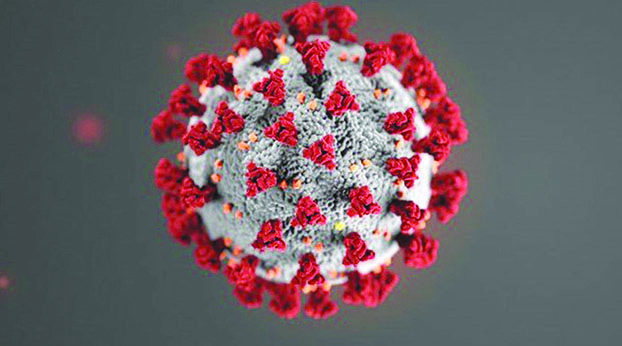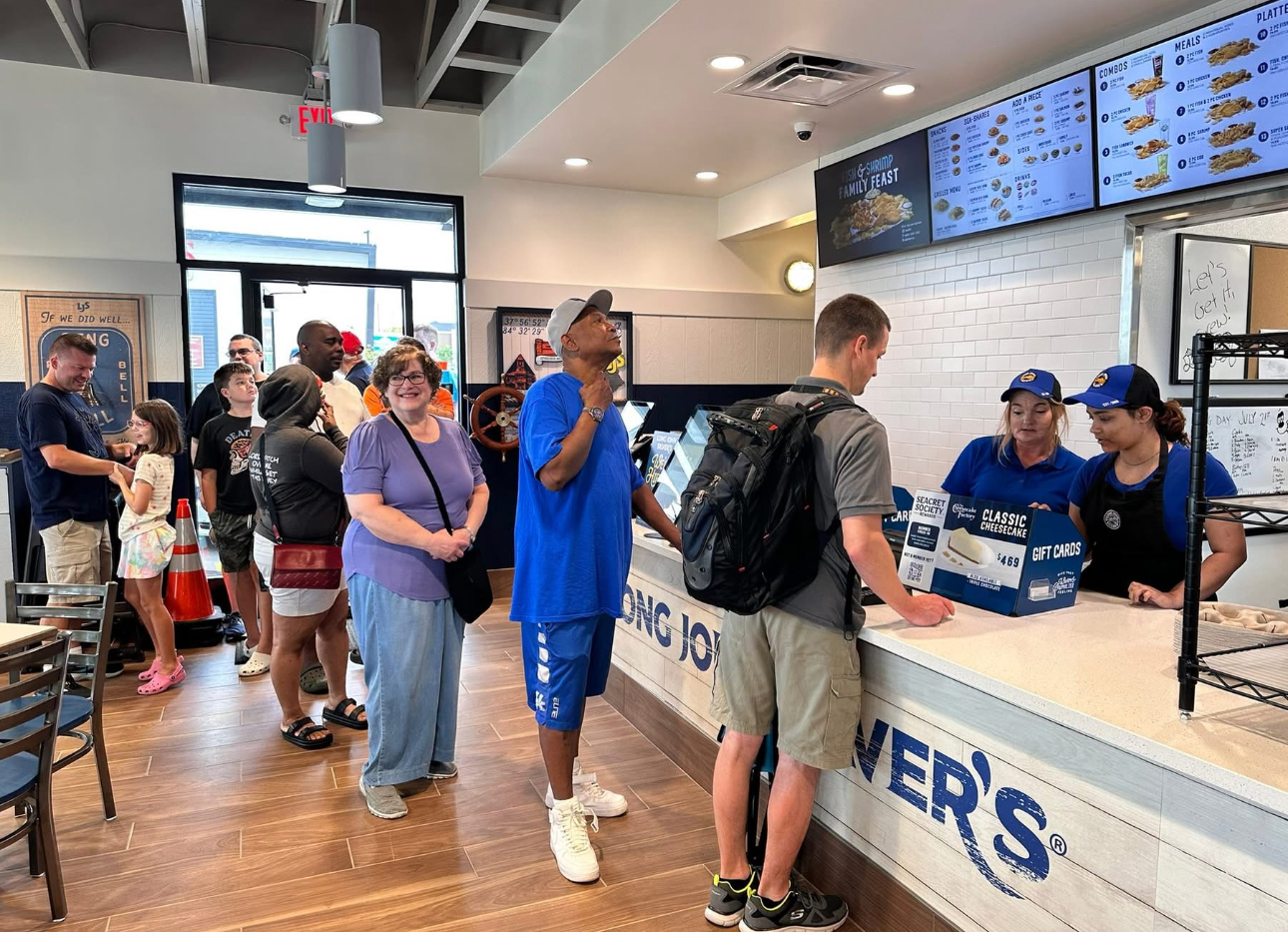New COVID-19 variant discovered at eastern Ky. nursing home
Published 7:35 am Wednesday, March 17, 2021
|
Getting your Trinity Audio player ready...
|
Gov. Andy Beshear announced on Tuesday that a new variant of COVID-19 has appeared at a nursing home in eastern Kentucky, and announced preparations due to an Ebola outbreak in two African nations.
During a press briefing, the governor said, “We have seen those not vaccinated and those vaccinated become infected. Those who have gotten it that have been vaccinated, have not gotten seriously ill, but this is something that we just have to watch as we move forward, and we are seeing some other examples in different states.”
State Public Health Commissioner Dr. Steven Stack said, “In this nursing home, we are presently aware of 41 persons who have tested positive for COVID-19. The situation is still unfolding, but I’m sharing this particular example today because there are some important lessons we can learn from it.”
Trending
Stack noted that at the facility, which neither he nor Beshear would name, 85% of residents and 48% of the staff were vaccinated. “It appears that an unvaccinated person brought COVID-19 into the nursing facility. Currently, of the 41 persons infected, 27 are residents and 14 are healthcare workers. Of the 41 infected persons, only 30% of the vaccinated individuals have been symptomatic, but a much larger 83% of the unvaccinated people have been symptomatic. So, vaccination has appeared to markedly reduced symptomatic disease.”
Dr. Stack said five of the residents have been hospitalized. “Of these, four were unvaccinated, and one hospitalized resident has been vaccinated. Here too, vaccination appears to have markedly reduced the risk of serious infection and hospitalization. 71 people were vaccinated, one of whom is in the hospital. There were 13 residents unvaccinated, four of whom are in the hospital.”
He said vaccination is urgently needed to prevent introducing COVID-19 into these vulnerable populations. “Vaccination is doing exactly what we hoped it would, protecting people from severe illness and hopefully protecting them from death for those who have become sick.”
“It is absolutely imperative that all persons, whether in long-term care facilities or in the general public, continue to practice the public health measures we have talked about,” Stark said. “Specifically, wearing a mask whenever you’re in public, socially distancing more than six feet, washing your hands and covering your cough, and if you’re sick, stay home until you feel better.”
When asked about the variant by Kentucky Today, Stack replied, “It is not one of the common variants, the ones we associate the United Kingdom, South Africa or Brazil. What we’ll do is genetically sequence all of these, map it out, and compare it against the larger database that the sequencing labs report to, and then see if we can find any patterns or any lessons we need to learn here,” Stack said.
“We have to be very attentive about this, because the more opportunities we allow the virus to spread, the more people can get infected, the more opportunity it has to mutate and eventually find combinations that help it to become more dangerous.”
Trending
Gov. Beshear also said he wanted to make sure Kentuckians knew their efforts regarding the recent Ebola outbreak in two African countries, the Democratic Republic of Congo and Guinea.
“We are tracking with the CDC travelers who are in Kentucky that have been in those areas during the outbreak,” Beshear said. “We don’t believe there is any significant risk at the moment, but we are making sure that we reach out to anyone that we learn has been in these areas where the Ebola outbreak has been. As of this morning, we have 11 individuals in Kentucky that have been in one of the two countries. Local health departments contact the travelers and assess their exposure risk, they educate them about what symptoms they might have, and they quarantine those at high risk for 21 days. We have not had a single person in Kentucky that is at high risk.”
The governor said in the Congo, where the first case was reported on Feb. 7, there are currently 12 confirmed cases, 11 probable cases, and six deaths. In Guinea, since Feb. 14, there have been 14 confirmed cases, four probable and nine deaths. He said this strain is similar to one seen in 2014-2016 and could have been caused by a survivor of the earlier strain.
Even with no high-risk individuals thus far, Beshear says Kentucky, like other states, believes in being prepared. “We are working with our hospitals right now to make sure they are ready to handle any suspected patient, within 12 to 24 hours of us learning about it. We have six Ebola assessment hospitals that we are working with to make they’re prepared to handle any potential patients and assessments for Ebola.”
A total of 819 new cases of COVID-19 were reported to state public health officials on Tuesday, which Beshear says is the lowest Tuesday in four weeks. There have now been 417,412 positive cases in Kentucky.
Jefferson reported the most with 139 new cases. The rest of the top ten is Fayette 55, Laurel 36, Warren 25, Kenton and Knox 24, Daviess 23, Clark and Pike 22, and Hopkins had 20.
There were also 24 new deaths, raising the pandemic total to 5,029.
The latest victims ranged in age from 51 to 91. Fayette County had three; Boone, Campbell, Kenton, Mercer, and Pulaski counties each had two; and Ballard, Bell, Boyd, Boyle, Bullitt, Gallatin, Jefferson, Larue, Lincoln, Marion, and Whitley counties had one apiece.
There were 459 Kentuckians hospitalized Tuesday. Of them, 110 were in the ICU and 59 on a ventilator, all decreases from Monday.
The positivity rate has dipped to 3.87%, based on a seven-day rolling average. That is down from the 3.99% recorded on Sunday and Monday.
To see the full daily COVID-19 report for Kentucky, which includes such information as the red zone counties and red zone recommendations, testing locations, vaccine information, the weekly White House Coronavirus Task Force reports for Kentucky, executive orders, and other information on the state’s pandemic response, go to kycovid19.ky.gov.






